The Ultimate Guide to Cookware Care : How To Clean Your Pots & Pans
Warning: Undefined variable $author_id in /home/rxlgpodj/domains/test10.co.za/public_html/C/wp-content/themes/crushmag/general-template.php on line 28
A good piece of cookware is an investment and, if well looked after, it can last a lifetime. The first few times you use it, the feeling is awesome yet terrifying – you want it to stay in perfect condition but the fact is that it’s there to be used. Of course, your pans will face the common effects of time, they may even acquire a few scratches here and there, so how do we restore that youthful glow? While you won’t be able to perform miracles, you can look after them with a little know-how and prevention is better than cure. This is your ultimate guide to cookware care.
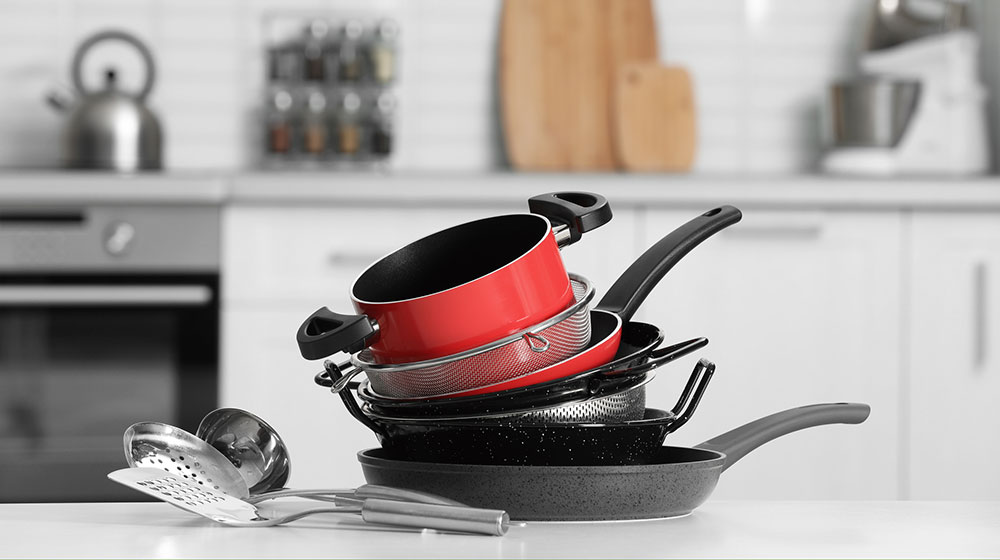
Cast Iron Pans
A cast iron pan is a must have in any kitchen. It is the toughest pan on the market and can be used in any scenario, from the stove top to the oven. However, this is only true if you actually take care of your cast iron pan, and here is exactly how to do that.
There are many different opinions on how to properly care for your pan, through personal trial and error I have found that the method below works best. First things first, let’s keep it simple – clean your pan with soap and water. The next crucial step is making sure that your pan has been properly dried, long term exposure to moisture can cause problems like rust.
Of course, seasoning your cast iron pan regularly is also an important process in keeping your pan in good shape.
To do this, put a thin layer of vegetable oil on the surface of your pan and place it face down in your oven at a temperature of 180 ºC. Once it has cooled down, place another thin layer of vegetable oil on the surface to keep the pan lubricated. If you follow these steps, your cast iron pan should last a lifetime.
Try this recipe for Pork Rib Chops in your cast iron pan.
Nonstick Pans
Nonstick pans are much more high maintenance than cast iron pans and require a lot more care and attention. Of course, the main thing to avoid whilst using a nonstick pan is any kind of metal utensil, as this can cause the coating to chip away, rather use wooden or even better, silicone utensils. Using abrasive utensils may lead to various problems, such as pieces of coating mixing in with your food and, over time, resulting in a pan that is no longer nonstick.
One thing to keep in mind is that your nonstick pan was not made to withstand temperatures higher than 260 ºC, this will damage the coating of your pan and may even result in the release of toxins.
Nonstick pans are made for certain foods that would normally stick – best practice is to stick to cooking the basics that do not require a super high heat or demand too much from your pan. Another thing to keep in mind is that nonstick pans are not dishwasher safe, the heat and the soap will cause the coating to deteriorate over time. It is always best to make use of soap and a soft sponge when washing your pan, specifically steering away from anything that could scratch the surface.
Another tip – cooking fat should be placed into your pan immediately when it is exposed to heat, this will help protect the coating and preserve the pan.
Try this recipe for Tuna Tagliata in your nonstick pan.
Woks
There are a variety of woks on the market. If you are on the lookout for one to add to your kitchen essentials, be sure to do your research. There are three different materials to look at when buying a quality wok – carbon steel, cast iron and stainless steel. Let’s dive into how to make sure each of these materials remains effective in the kitchen.
Carbon Steel Woks
After cooking with your carbon steel wok you will want to leave it to cool down, be sure not to use cold water to speed up the process – this could damage your wok, especially if you season it on a regular basis. Once your carbon steel wok has cooled down you can begin cleaning it with a soft sponge and cold water. Do not use soap, as this will remove the seasoning. You can use something more abrasive on the outside of your wok to remove grease stains, as they become much harder to clean over time. Once the wok is clean you need to dry it immediately, a wok that is left to air dry may develop rust. You can either hand dry it or place it on a low heat on the stove. After this process, coat the surface in a thin layer of vegetable oil to further prevent rust.
Cast Iron Woks
Cast iron works can be cleaned in a similar way to carbon steel woks. In order to clean your wok, soak it in water until all the leftover bits of food are removed. Remember to avoid using anything abrasive on the surface of your wok. If the leftover food does not come off in water, use a gentle sponge to carefully remove leftover food that may be stuck. After this, place it back on the stove, on a medium heat, to make sure the wok dries properly to avoid rust. You will then want to repeat the same step as mentioned above and coat with a thin layer of vegetable oil.
Stainless Steel Woks
For a stainless steel wok, you will begin by using a piece of paper towel to get rid of any excess oil or food. You can then deglaze your wok with hot water by simply submerging it into the hot water. Cleaning your stainless steel wok is easier while it is still hot, just remember to do so with hot water. Using cold water on a hot wok can damage it due to something called thermal shock, which may cause your wok to warp. Simply use a soft sponge to get rid of excess food. Allow the pan to dry completely before applying a thin layer of vegetable oil to the surface.
Try this recipe for Chicken and Cashew Nut Stir Fry served with Egg Noodles in your wok.
Griddle (Grill) Pans
It is advised again, to never use steel wool or even soap when cleaning grill pans. Don’t ever scrub the pan to get rid of those greasy leftovers in the grooves. The best way to go about cleaning a grill pan is to soak it in boiling water, dry it out and then season your pan. Add a bit of oil on the surface and then sprinkle a bit of salt on top. Let that sit for a bit and then grab a piece of paper towel to wipe it out.
Try this recipe for ClemenGold® Glazed Kassler Chops in your grill pan.
Dutch Ovens
Dutch ovens are a must have in any kitchen. From braising meat to making the best stews, a Dutch oven is a timeless piece of cookware that can last a lifetime if you take care of it.
A crucial part of your Dutch oven is the enamel, the enamel coating inside is responsible for the perfect and even cooking of your vegetables and meat. The enamel found on a Dutch oven is definitely more resilient than that of a nonstick pan, so it can withstand longer and higher-heat cooking, making it ideal for braises and slow cooks.
All you need to effectively clean your Dutch oven is baking soda and water – nothing fancy.
Mix the baking soda and water together until it forms a paste-like texture. Then use the paste and a soft sponge to clean your Dutch oven. If you’re stuck with food that is more tricky than the average grease stain, allow your Dutch oven to soak with a bit of baking soda and hot water overnight. Small scratches or cracks that may form should not go unnoticed, be sure to keep in mind that brands such as Le Creuset have lifetime warranties for instances such as a crack or scratch on the enamel.
Try this recipe for Butter Chicken Curry in your Dutch oven.
Quality pots and pans can be lifelong kitchen companions if you look after them properly. To make sure you get the best out of yours remember what your pan can and can’t do in terms of cooking, ensure that you’re using the right type of utensil depending on its surface and on top of this, be sure you are using the correct method to clean them. Happy cooking!
Hungry for more? Subscribe to our Newsletter

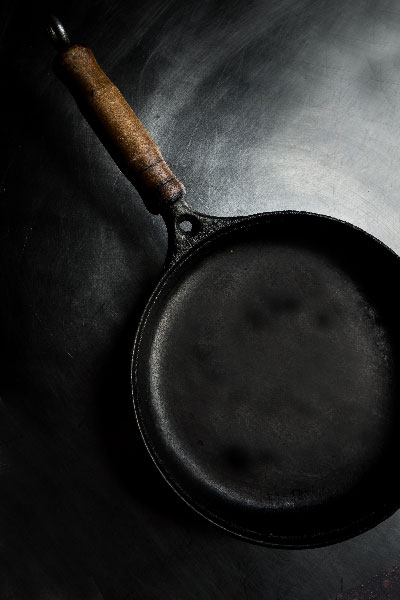
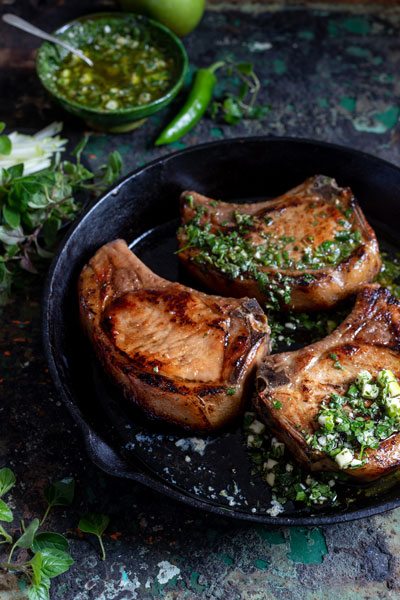
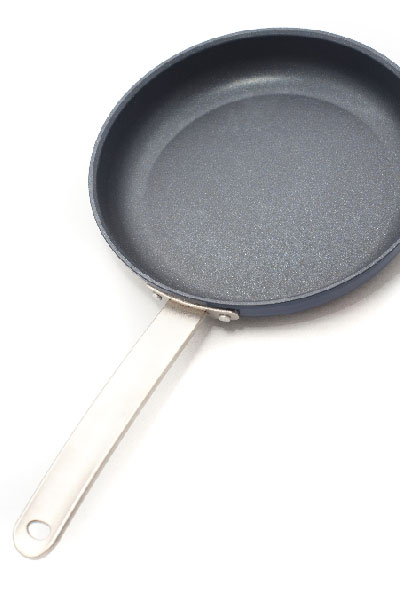
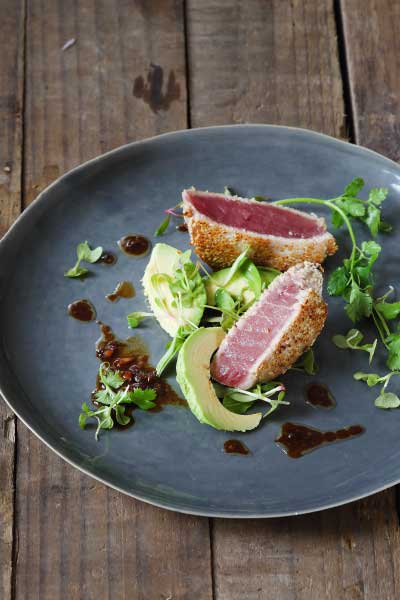
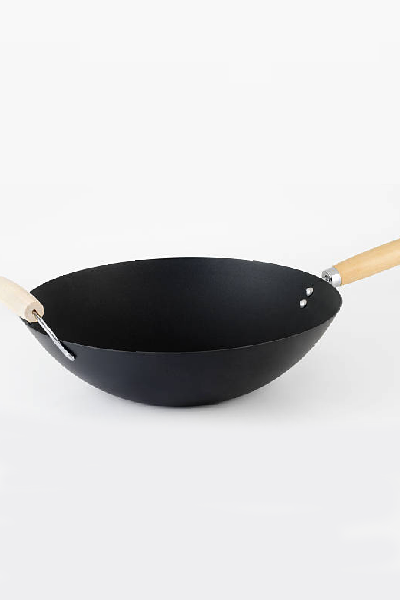
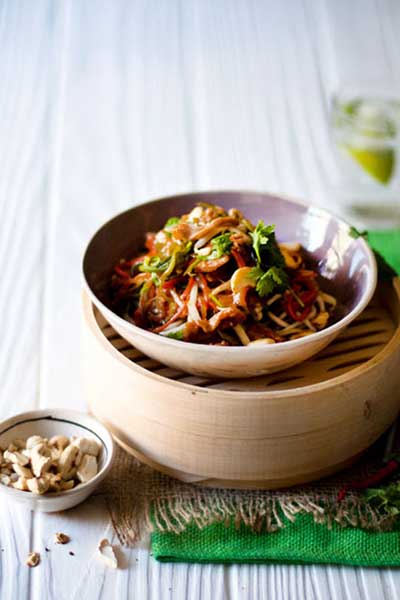
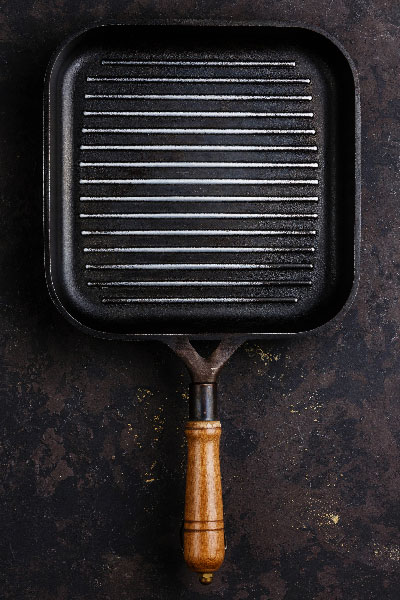
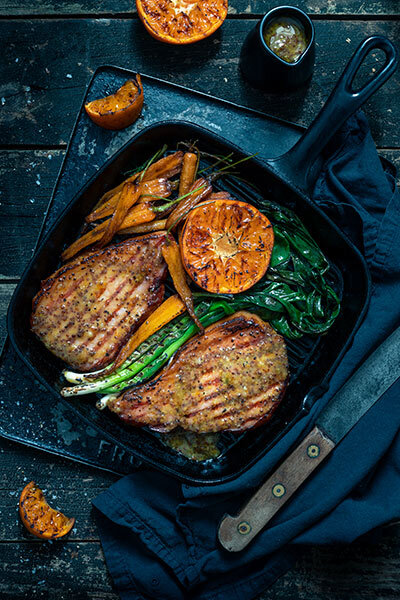
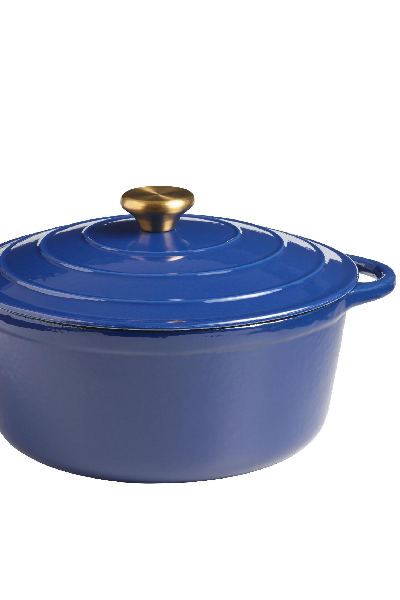
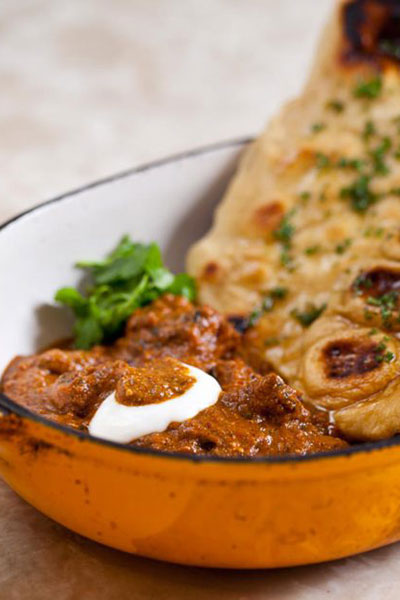
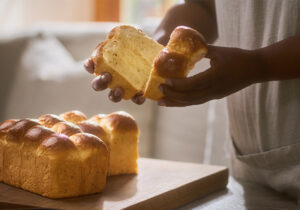
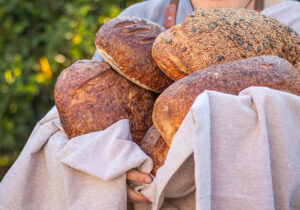

Warning: Undefined variable $required_text in /home/rxlgpodj/domains/test10.co.za/public_html/C/wp-content/themes/upBootstrap3/comments.php on line 107
Warning: Undefined variable $aria_req in /home/rxlgpodj/domains/test10.co.za/public_html/C/wp-content/themes/upBootstrap3/comments.php on line 123
Warning: Undefined variable $aria_req in /home/rxlgpodj/domains/test10.co.za/public_html/C/wp-content/themes/upBootstrap3/comments.php on line 129